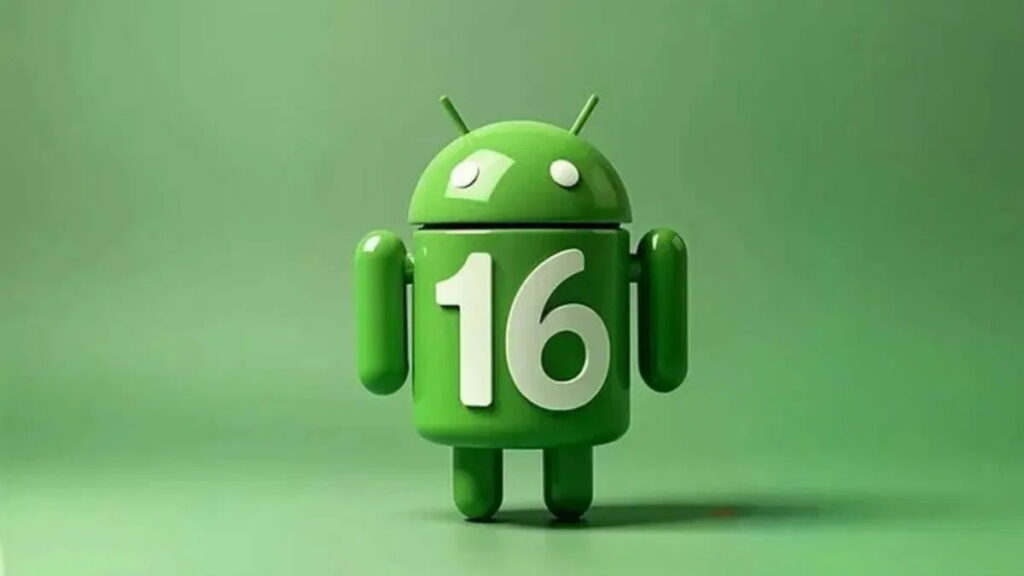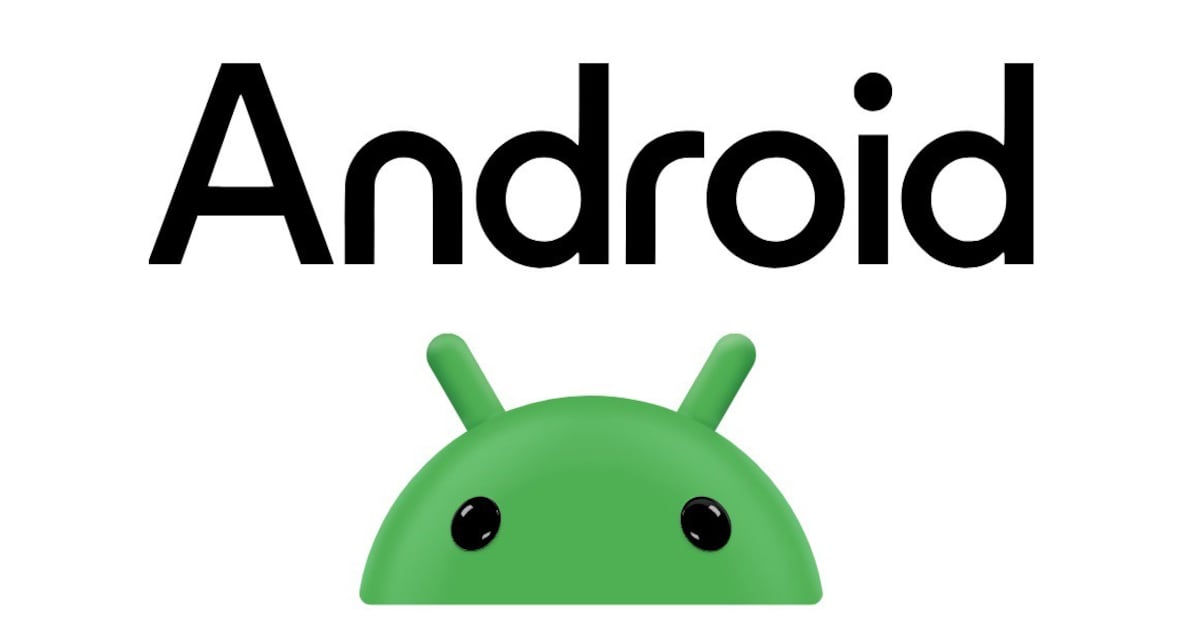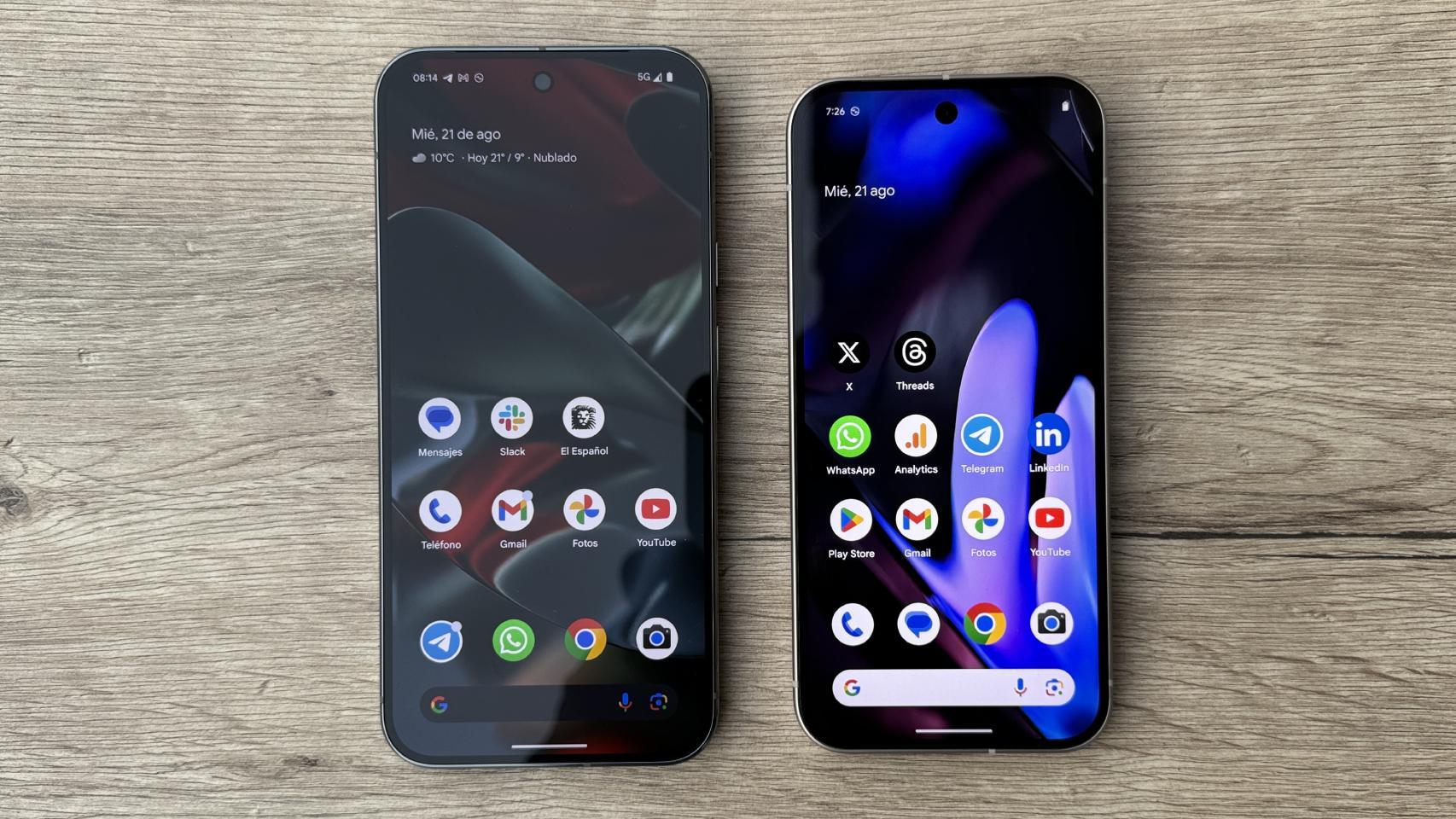
Google has decided to bring forward the launch of Android 16, its next major update to the operating system that promises to be packed with new features. This decision represents a major change in the way the company usually manages its releases, as it was usual for new versions of Android to be released in the third or fourth quarter of the year.
The release of the new operating system is scheduled for June 3, 2025, much earlier than expected. This date coincides with a Google strategy that aims to Align the release of Android 16 with the launch of new devices, like the long-awaited Pixel 10. This advancement will allow users to enjoy the new features of the system from day one on their new phones, avoiding a repeat of what happened with the Pixel 9, which hit the market with Android 14 installed.
An early release to improve the experience
Google's decision to bring forward the arrival of Android 16 has a very clear reason: Do not repeat the mistakes of the pastThis year, the Pixel 9s were launched with Android 14, while Android 15 arrived in a somewhat haphazard manner, even months later to the rest of the models. Now, with this new schedule, Google seems to have learned its lesson and wants its new operating system to be available from the beginning for the next Pixel 10 and other devices that come to market.

Android 2025 is expected to be available in the second quarter of 16 for the Google Pixel and other manufacturers, and this represents a significant change from the previous release schedule. Until now, it was most common to wait until August or September to see a new Android on our phones.
Among the already confirmed novelties, it is known that Android 16 will be codenamed "Baklava" following Google's traditional reference to desserts. In addition, the launch will be accompanied by quarterly updates (QPR), which will allow the company to adapt the system to constant changes in the market and offer improvements and corrections more quickly.
What's new in Android 16?

Although it is still a long way off until June 2025, we already have clues about some of the main features of Android 16. One of the most talked about is the introduction of the floating bubble, which will allow you to open any application in a floating window and use it while working or browsing other apps. This will significantly improve the multitask and productivity on mobile devices.
In addition to this long-awaited function, there is talk of a Substantial improvement to the “Do Not Disturb” feature, which will allow for greater customization over how and when you receive notifications. This will be especially useful for those users looking for more precise control over interruptions during their most focused moments.
Security improvements and quick settings
Another new feature is the Ease of access to advanced security settings from the Quick Settings panel. This will allow users to enable or disable key security features such as Wi-Fi, Bluetooth, or airplane mode in a more direct and intuitive way.
It has also been leaked that Android 16 could feature a feature similar to the Dynamic Island for iPhone, giving users a new way to manage ongoing notifications in a visual and more dynamic way. While not an exact copy, the idea is to offer a more interactive experience with alerts that require constant monitoring.
The future of Android 16 and its updates
Google has also confirmed that after the initial launch, there will be several Quarterly Minor Updates (referred to as QPRs) throughout 2025. These updates will allow the company to implement improvements and bug fixes on a more consistent basis, and ensure that the operating system is adapted to the current needs of the market and developers.
Google's commitment includes the Most frequent SDK (software development kit) releases, which will allow developers to test and prepare their apps for new versions of Android more effectively. This will facilitate a smoother integration of new features and ensure that users can enjoy an optimal experience.

This new strategy not only accelerates the launch of Android 16, but also strengthens Google's position in the operating systems market, giving developers and manufacturers more flexibility and time to adjust their applications and products to new versions.
With all this in mind, Google appears to be preparing a significant change in its Android release schedule, which could mean that future versions, such as Android 17, could also see the light of day earlier than expected, allowing the operating system to evolve more quickly.
With so many expected changes and improvements, Android 16 promises to be a crucial version in the history of the operating system, marking a before and after in the speed of launch and in the integration of new technological innovations.
I am a technology enthusiast who has turned his "geek" interests into a profession. I have spent more than 10 years of my life using cutting-edge technology and tinkering with all kinds of programs out of pure curiosity. Now I have specialized in computer technology and video games. This is because for more than 5 years I have been writing for various websites on technology and video games, creating articles that seek to give you the information you need in a language that is understandable to everyone.
If you have any questions, my knowledge ranges from everything related to the Windows operating system as well as Android for mobile phones. And my commitment is to you, I am always willing to spend a few minutes and help you resolve any questions you may have in this internet world.